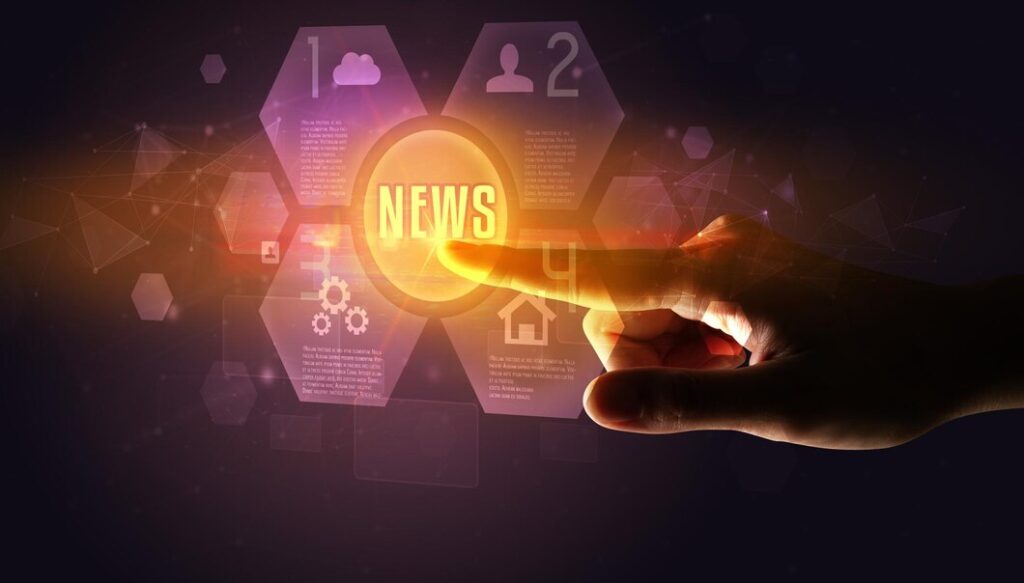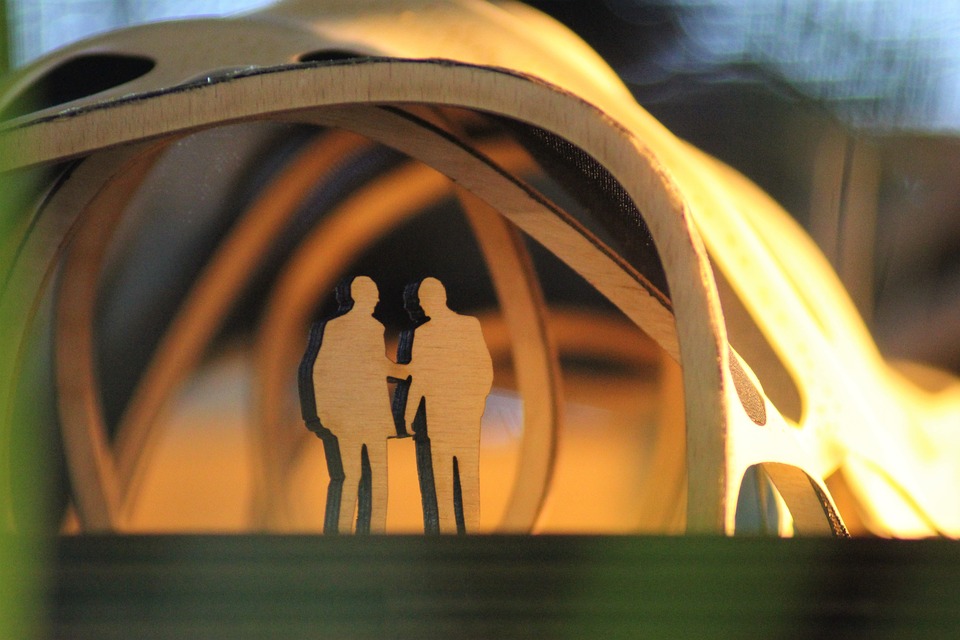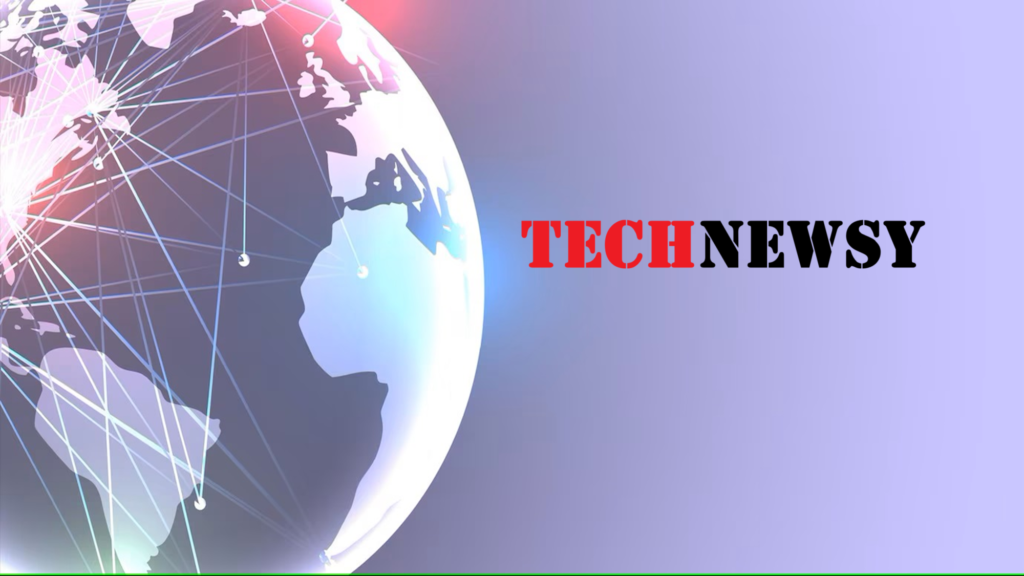Is the metaverse the next wave of the experience economy?

Linda Xiao, Strategy Director, Digital Experience Design, Momentum Worldwide
Linda has a wealth of experience and knowledge in understanding consumers’ needs and motivations, particularly from a hybrid and virtual context. Linda sits at the core of Momentum’s Digital Experience Design (DXD) practice, focusing on next gen experiences uniquely tailored for the blended worlds of physical and digital. Leveraging best-in-class talent across strategy, experience design, technology and creative teams, Linda works alongside Momentum’s key accounts through digital strategic leadership and counsel, guiding teams from omnichannel creative ideation through to implementation.
The metaverse is a combinatorial innovation, meaning that it requires a combination of lots of different innovations, tech and trends to manifest. Think of it as the next version of the internet, where destinations can be shared by creating blended experiences. And while we aren’t quite there yet, it is a pivotal time to start laying the groundwork for what is possible in the metaverse.
During the last few years of lockdown, consumers wanted to see brands doing more. Even when faced with pandemic restrictions, people found ways to connect with others through experiences. It provided a form of escapism. Now, the definition of experiences has expanded to virtual and even blended worlds. The accelerated adoption of digital transformation has made all of this possible, and we know blended experiences are the way forward.
We’re moving away from end-to-end experiences and toward never-ending, blended experiences. Knowing that people have higher expectations, brands need to continue blurring the lines between physical and digital worlds and create more meaningful connections with audiences wherever they choose to be. Increasingly, that has become blended experiences, where the layers between physical and digital become blurred and audiences find they are more involved than ever before in their chosen experiences.
 Knowing that people have higher expectations, brands need to continue blurring the lines between physical and digital worlds and create more meaningful connections with audiences wherever they choose to be
Knowing that people have higher expectations, brands need to continue blurring the lines between physical and digital worlds and create more meaningful connections with audiences wherever they choose to be
The rise of digital adoption means that audiences are no longer content with just being spectators. Audiences want to be involved. They want to contribute to these blended experiences, whether that’s through bullet commentary, community discussions, directly affecting gameplay or more. Blended experiences allow for and encourage these kinds of growing expectations and help prepare us for the future metaverse. Eventually, all of these blended experiences may take part in a singular metaverse, and while we aren’t there yet, we know that there’s no going back.
This shift to blended experiences doesn’t just impact entertainment, it’s impacting jobs and how people manage businesses. It will shake up the industry and how things are run in preparation for the future metaverse. Most people have gotten used to taking crucial meetings on video collaboration platforms such as Teams and Zoom, and businesses have seen the rewards. Money has been saved on flights, interactions can occur easily across different countries and productivity has increased too, but employees have screen fatigue. To combat this, we created WhiteBox, a plug-and-play virtual experience platform that brands such as American Express have used to enhance communication though blended experiences. Right now, mini-metaverses like WhiteBox provide a chance for a refresh on virtual collaboration where 3D environments can now replace two-dimensional video calls. Through these mini-metaverses, the physical world can be represented to provide an opportunity for an immersive experience for employees to collaborate and create with a deeper emotional connection.
Innovation is happening at an extremely rapid rate and it won’t be long until new changes impact our daily lives. The way we relax, the way we entertain ourselves and the way we communicate will all change. Imagining how future generations are going to be able to collaborate at work is remarkable. Productivity across the board will shoot up. For now, it’s blended experiences—but this is just the beginning.
The metaverse is the next version of the internet, where destinations can be shared by creating blended experiences between physical and digital worlds. Consumers are no longer content with being spectators and expect to be involved in their chosen experiences through bullet commentary, community discussions, directly affecting gameplay, and more. Blended experiences allow for and encourage these growing expectations and help prepare us for the future metaverse. Brands need to continue blurring the lines between physical and digital worlds and create meaningful connections with audiences. This shift to blended experiences is impacting jobs and how businesses are run in preparation for the future metaverse.
Read the Full Article from Source






